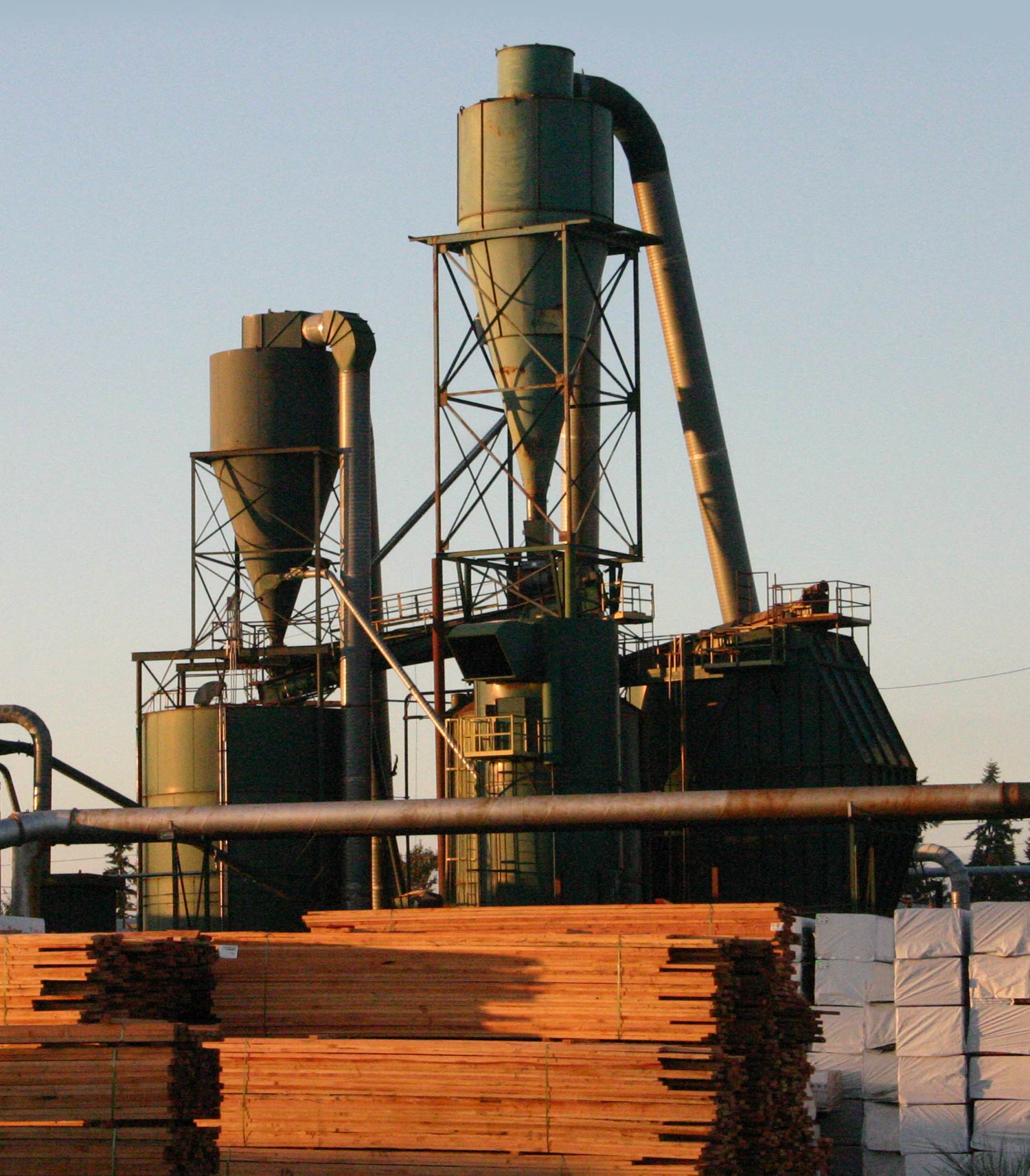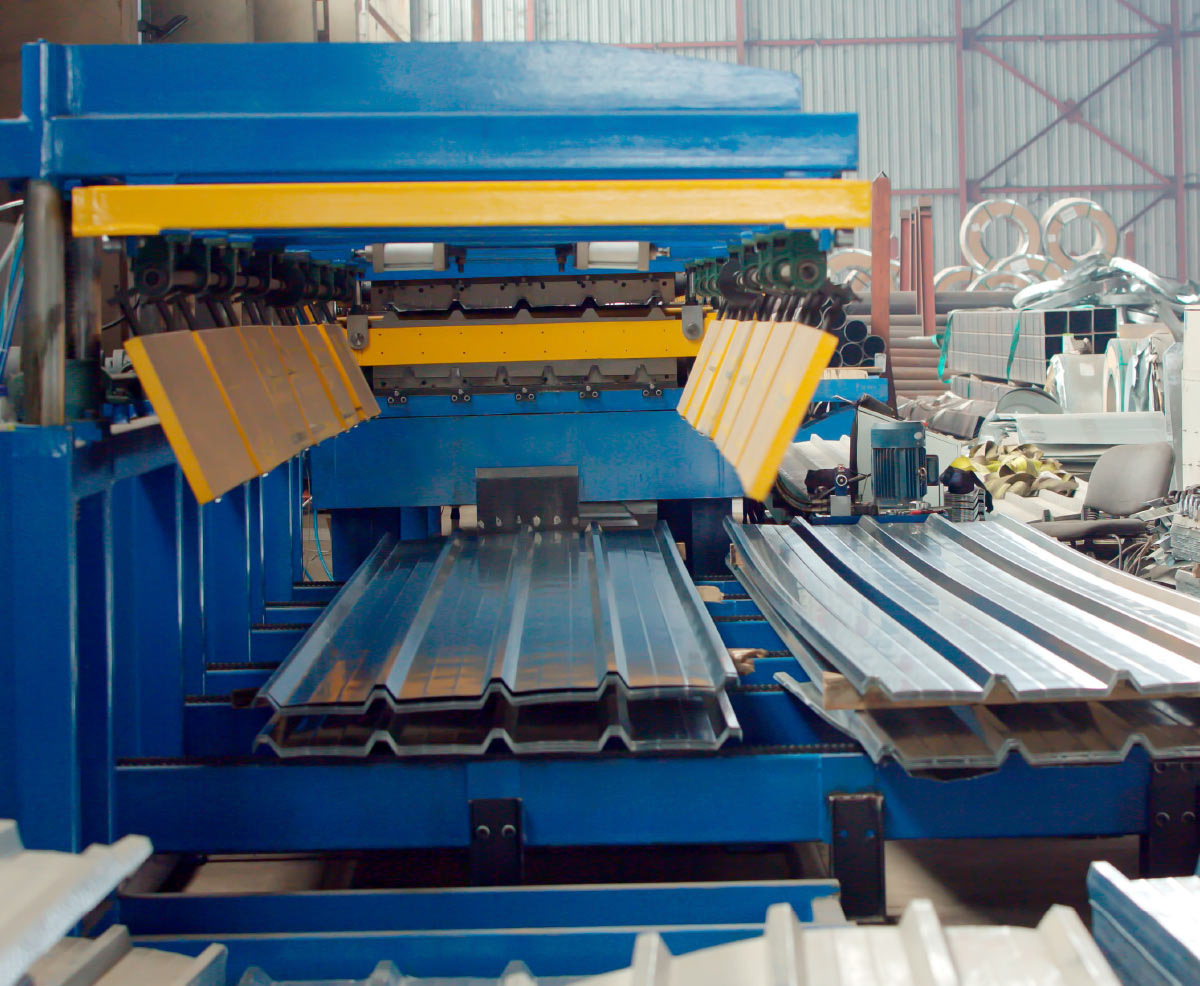

n June, Associated General Contractors, or AGC, of America led forty-one national organizations to call on the US Department of Transportation, or US DOT, to delay enactment of requirements under the Build America Buy America Act, or BABAA.
“AGC supports domestic manufacturing and buying American-made products,” clarifies Alex Etchen, senior director of government relations for AGC of America. “But we are experiencing an unprecedented supply chain constraint. That’s why we’ve encouraged US DOT to ensure that enacting the BABAA won’t wreak further havoc on the supply chain.”
The June request would extend an existing 180-day waiver of the act, which ends in November. An additional waiver, AGC asserts, would prevent significant delays to projects already underway—both nationally and here in Alaska.
But confusion remains around the definition of “construction materials” required by the act to be American-made. So far, it has been left up to individual agencies to determine how to comply with BABAA requirements.
“We have this piecemeal approach across government where people are either putting out transitional waivers or trying to move forward,” Etchen says. “It’s created a lot of confusion.”
Already, a labor shortage and high demand for products have caused significant delays in the supply chain. A survey of American manufacturing capabilities must be done, Etchen says, to ensure enough supply will be available once non-domestic suppliers are no longer an option for contractors.
“It could go from ten suppliers, nine of which are non-domestic, down to one domestic supplier. That’s going to cause huge delays and price increases,” he explains. “That domestic supplier might love [the additional business], but it might not look good [for contractors] until they can ramp up supply and capacity.”

“The existing waiver process can take a very long time,” Etchen says. “Then you look at the waivers agencies like the Federal Highway Administration has gotten approved, and you see that oftentimes it’s for a very small piece of a bigger construction process.”
When that small piece is unavailable from American manufacturers, it can delay a project already affected by supply chain issues.
Over the past two years, Alaska contractors have found that items such as electrical gear and mechanical components have been on back order for twelve to eighteen months.
While ASRC Construction President and CEO Robert Champion doesn’t expect immediate impacts on existing projects resulting from the enactment of the BABAA, he sees potential for significant cost and schedule impacts down the line.
“It will be interesting to see how government agencies adjust project estimates and allocate funds to cover the increasing material cost,” he says.
American mills that produce the steel pipes have begun putting minimum tonnage requirements on orders. That means for John Szymik, co-owner and operations manager for Hamilton Construction in Alaska, it’s becoming harder to get the product he needs when he needs it.
“We can write our purchase orders, but waiting on the mill to get orders for 300 tons of pile has the potential of delaying our project.”
Hamilton’s public contracts already use 100 percent American-made products. But with higher demand on those products, Szymik fears an already difficult situation will be compounded. While he supports the intent of BABAA, he points out that a broader market can ease the burden on American manufacturers.
“The market for foreign-made materials is a lot more accessible and can actually help expedite a project schedule,” he says.
“I am all for buying American-made products,” he clarifies. But, he adds, if American supply can’t meet the demand for products, “our geographical separation from the rest of the country and the challenges we currently navigate will compound and drive the cost of doing business up throughout Alaska.”
Santangelo’s sentiment is echoed by every agency that partnered with AGC to request the BABAA waiver. As Etchen points out: contractors are uniformly supportive of domestic manufacturing and American jobs.
He adds, “Just now, though, they’re concerned with current supply chain constraints and worried this act could make it worse.”